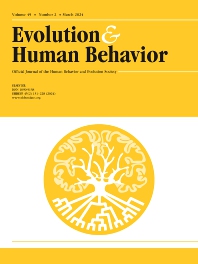Journals in Ecology and conservation
Journals in Ecology and conservation
- ISSN: 0195-9255
Environmental Impact Assessment Review

- ISSN: 0269-7491
Environmental Pollution

- ISSN: 0013-9351
Environmental Research

- ISSN: 1462-9011
Environmental Science & Policy

- ISSN: 0932-4739
European Journal of Protistology

- ISSN: 1164-5563
European Journal of Soil Biology

- ISSN: 1090-5138
Evolution and Human Behavior

- ISSN: 0378-4290
Field Crops Research

- ISSN: 0165-7836
Fisheries Research

- ISSN: 0367-2530
Flora

Related subjects
Animal ecology
Aquatic ecology
Behavioral ecology
Biodiversity and conservation
Biological conservation
Ecological economics
Ecological engineering
Ecological measurement and analysis
Ecological modelling
Ecology
Ecosystem management
Ecosystems communities and organisms
Evolutionary ecology
Forest ecology
Human ecology
Invertebrate conservation
Landscape ecology
Marine ecology
Microbial ecology
Molecular ecology
Plant conservation
Plant ecology
Population biology
Terrestrial ecology